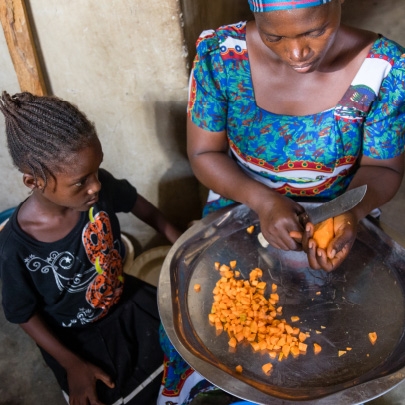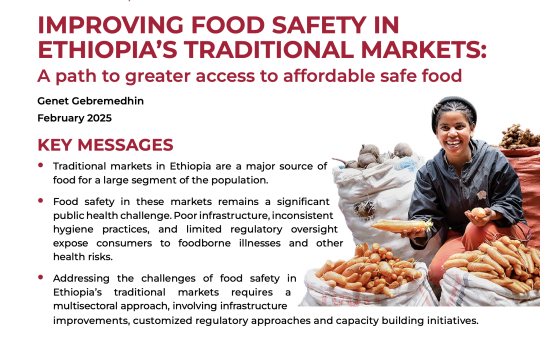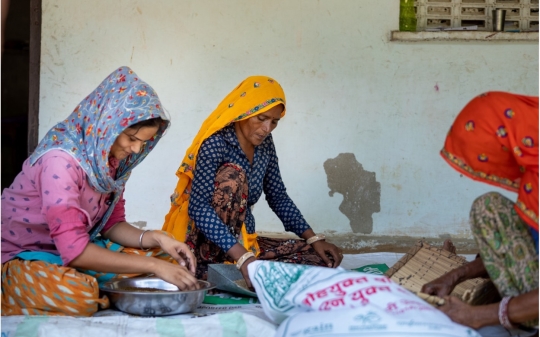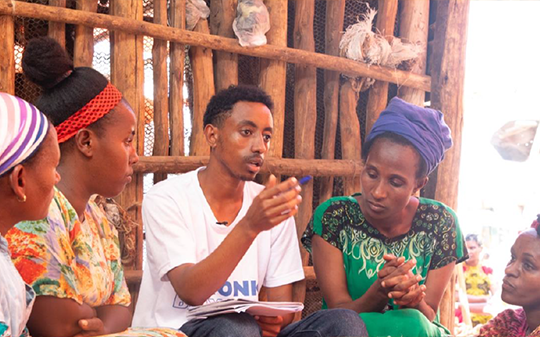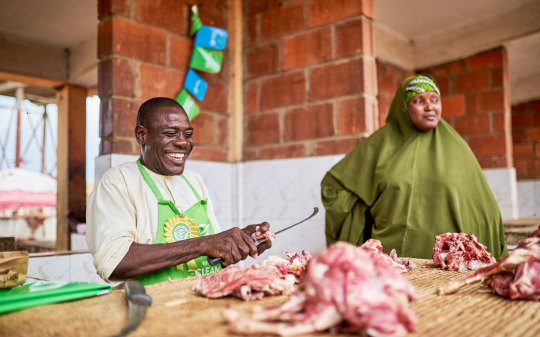Food safety is central to GAIN’s large-scale food fortification program, in terms of quality assurance and in building government and industry capacity to implement food safety systems, testing and risk mitigation plans.
GAIN’s supply chain interventions have provided food safety-related training, technologies and mentorship to SMEs along various supply chains. The launch of the Nourishing Foods Financing Facility (N3F) in 2024 adds important financial support to this work with SMEs.
Through the Dutch 3.0 work in Kenya, GAIN is promoting the adoption of Kenya Standard 1758 with its focus on food safety, through its ‘Vegetables for All’ program and creation of FitFood Zones (FFZs).
GAIN’s largest food safety programme is EatSafe (Evidence and Action Towards Safe, and Nutritious Food), funded by USAID under the Feed the Future initiative. The programme is generating evidence into how food safety in traditional markets can be improved, through stimulating behaviour change and creating consumer demand for safer foods. Work has been conducted in northwest Nigeria and Central Ethiopia.

